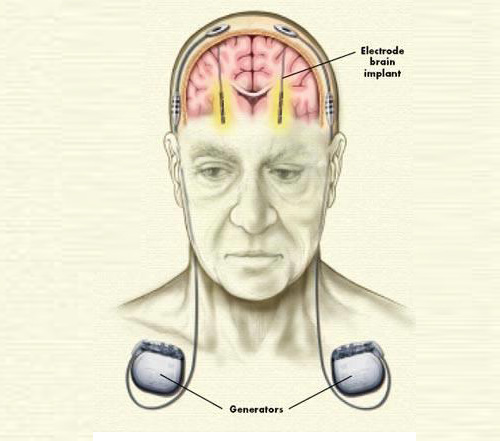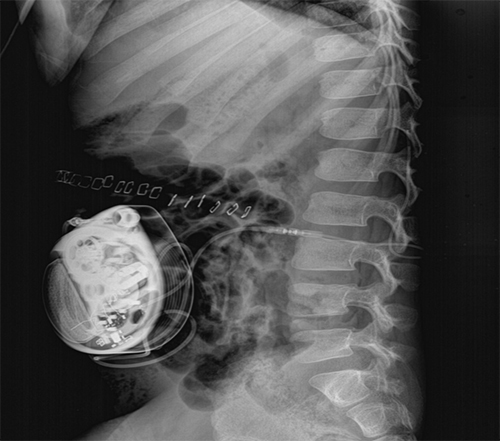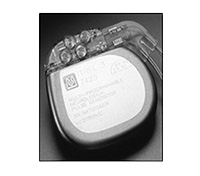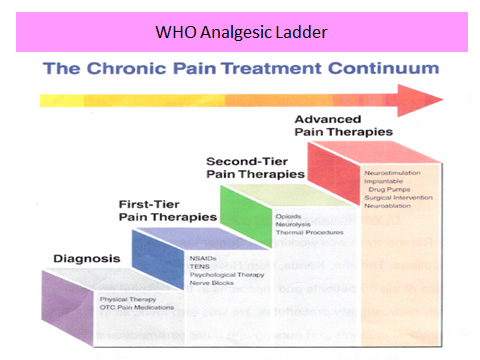Our Blog
According to the American psychiatric association, bipolar disorder is a brain disorder that causes changes in a person's mood, energy, and ability to function. People with bipolar disorder experience intense emotional states that typically occur during distinct periods of days to weeks, called mood episodes. It impacts 1–2% of the population worldwide and causes high rates of functional impairment,2 poor quality of life, and has substantial economic effects.
Parkinson's disease is a disease which affects the movements of the body. So it is called a movement disorder. It is usually a disease of aging but in India younger people are getting affected more and more.
The exact cause of Parkinson’s disease is not known. It happens due to a loss of nerve cells in the area of the brain called the substansia nigra.

A stroke occurs when the blood supply to part of your brain is interrupted or reduced, preventing brain tissue from getting oxygen and nutrients. Brain cells begin to die in minutes. A stroke is a medical emergency, and prompt treatment is crucial. Early action can reduce brain damage and other complications. Most strokes are caused by an abrupt blockage of arteries leading to the brain (ischemic stroke). Other strokes are caused by bleeding into brain tissue when a blood vessel bursts (haemorrhagic stroke).

Diabetic neuropathy is defined as the presence of symptoms and/or signs of peripheral nerve dysfunction in people with diabetes after the exclusion of other causes Neuropathy is the greatest source of morbidity associated with diabetes, affecting up to 50% of those with long-standing disease, and pain as a symptom of neuropathy may be seen in as many as one third of all patients with diabetes.In the past, a lack of awareness...

This is a subspecialisation of neurosurgery which basically involves surgery for the physiological problems of brain. The brain is different from other organs like heart, Kidney in that the structure and the function do not go together always. The classical examples are patients with severe head injury or patients with epilepsy. Restorative or functional neurosurgery deals with usually normal scans and investigations.


